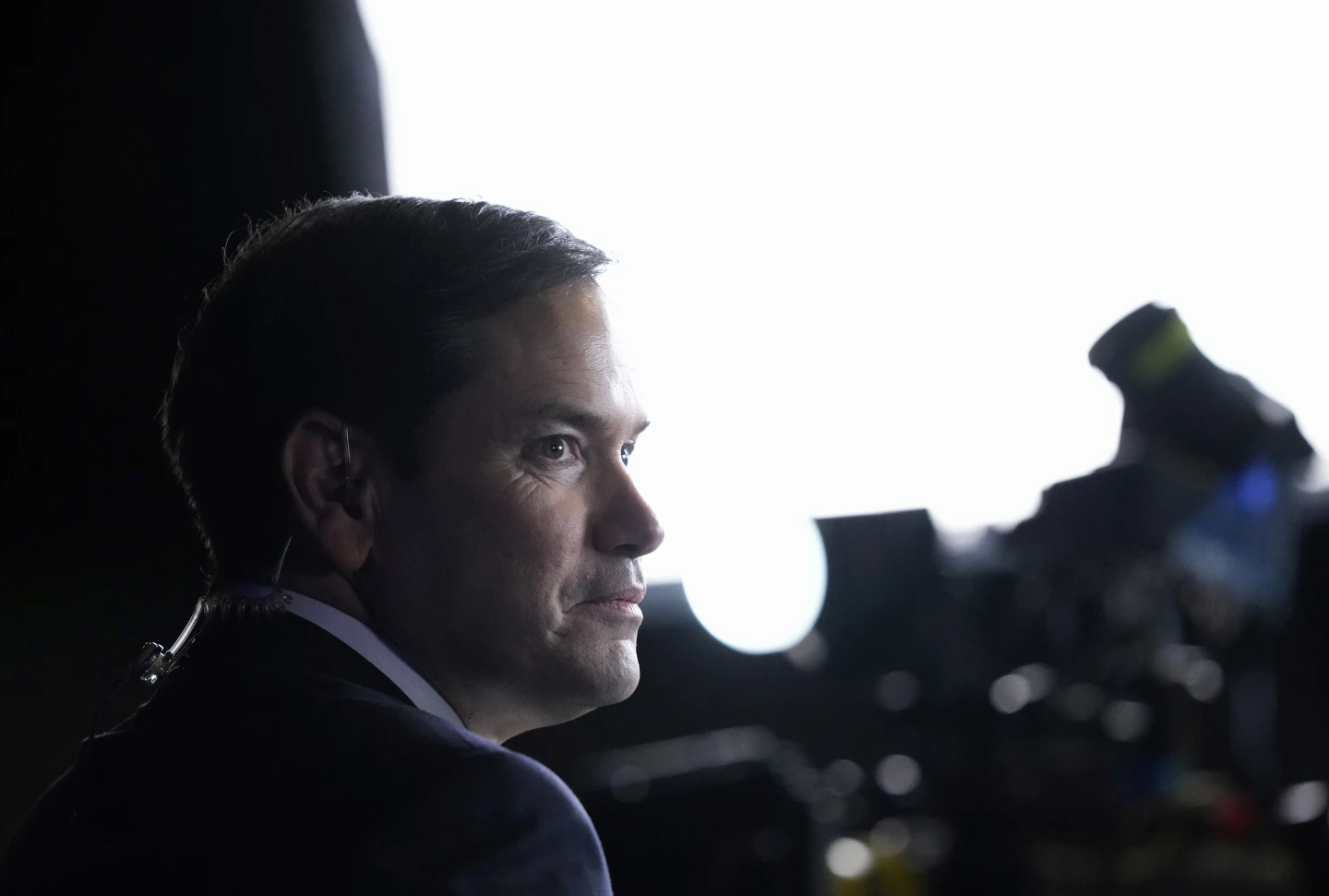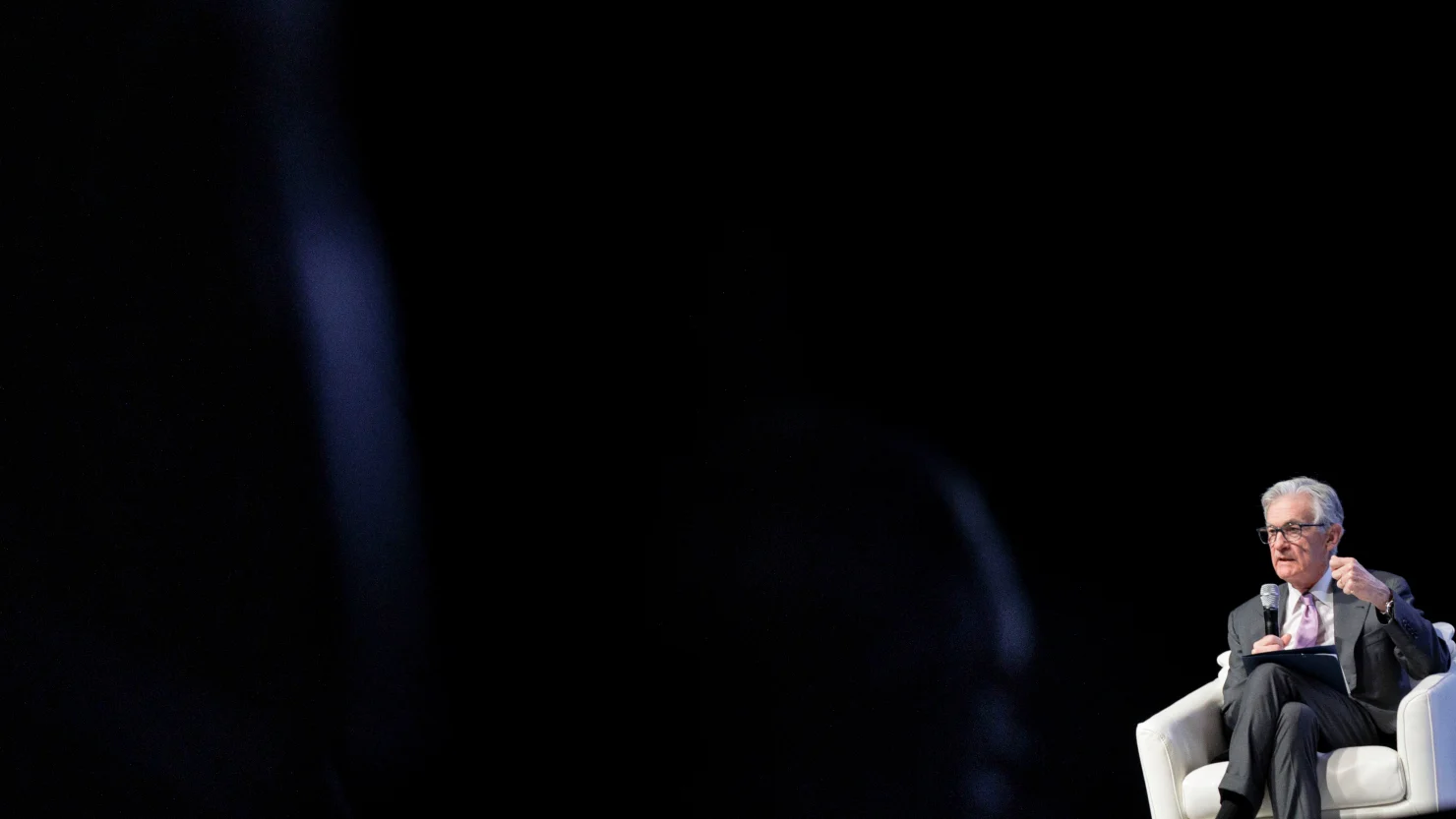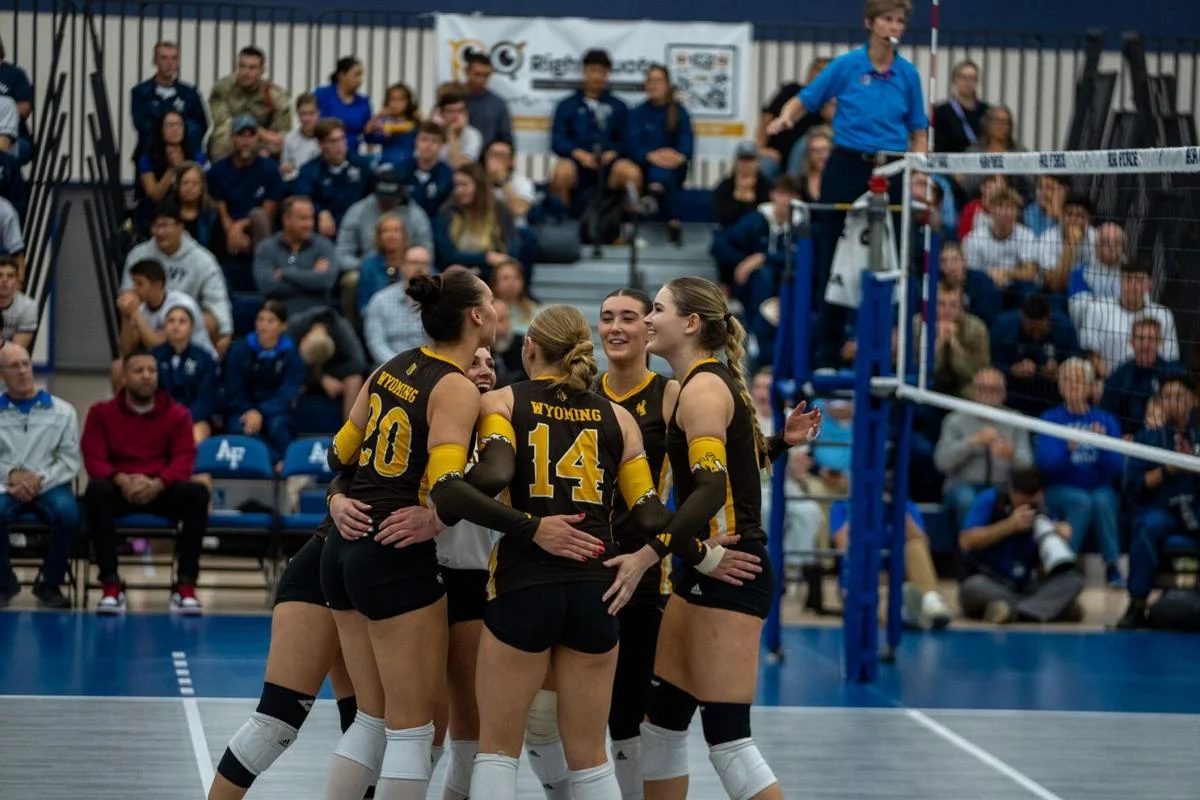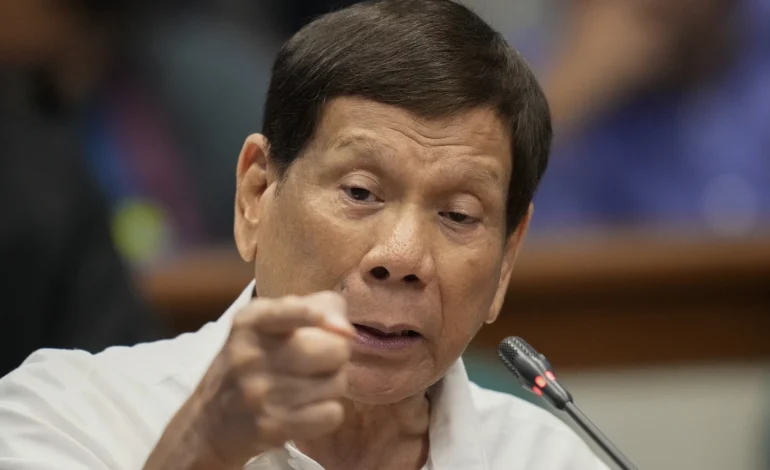Former Philippine President Rodrigo Duterte admitted to maintaining a “death squad” of gangsters during his time as mayor of Davao City but denied authorizing the killings of thousands of suspects during his drug war presidency, The Associated Press reports.
Duterte made the startling revelations during a televised Senate inquiry on Monday, his first public appearance since leaving office in 2022. The inquiry is probing the unprecedented scale of drug-related killings under Duterte’s presidency, which is currently being investigated by the International Criminal Court as a potential crime against humanity.
“I can make the confession now if you want,” Duterte said. “I had a death squad of seven, but they were not policemen, they were also gangsters,” he said.
Duterte went on to explain, “I’ll ask a gangster to kill somebody… If you will not kill (that person), I will kill you now.”
Despite the admission, Duterte maintained that he never ordered his national police chiefs to conduct extrajudicial killings during his presidency.
He directly asked his former police chiefs, including Ronald dela Rosa, the current senator who spearheaded the drug war as the national police chief, “Did I ever tell you to kill any criminal?” Dela Rosa responded, “No, Mr. President.”
The inquiry revealed a stark contrast between Duterte’s admission of a Davao City death squad and his denial of involvement in the widespread killings during his presidency.
Senator Aquilino Pimentel III, who oversaw the inquiry, and Senator Risa Hontiveros pressed Duterte for more details, but he responded in unclear terms, promising further explanation in a future hearing.
While no known criminal complaints have been filed against Duterte in Philippine courts regarding the drug war killings, the former president expressed surprise at the Justice Department’s inaction.
“I’m puzzled why the Justice Department hasn’t filed any case,” he said. “I’ve been killing people for a long time and they haven’t filed any case up to now?”
Former Senator Leila de Lima, a vocal critic of Duterte who previously investigated the drug killings in Davao, refuted Duterte’s claim of innocence. De Lima, who was imprisoned for six years on drug charges she said were fabricated to silence her investigation, asserted that ample evidence and witnesses exist to support allegations of extrajudicial killings, but fear of retribution kept them silent while Duterte was in power.
“This man, the former mayor of Davao city and the former president of the Republic of the Philippines, for so long has evaded justice and accountability,” de Lima said.
Arturo Lascanas, a retired police officer who served under Duterte in Davao, told The Associated Press in 2022 that he believed as many as 10,000 suspects may have been killed on Duterte’s orders. Lascanas, who has gone into hiding abroad, provided testimony and evidence to the International Criminal Court.
Duterte’s legacy remains a controversial one. He ended his six-year term in June 2022, leaving behind a nation marked by the widespread drug war killings, attacks on the media and political opposition. While his supporters praised his strongman leadership, critics labeled him a “human rights calamity” for his authoritarian tactics and disregard for human rights.









